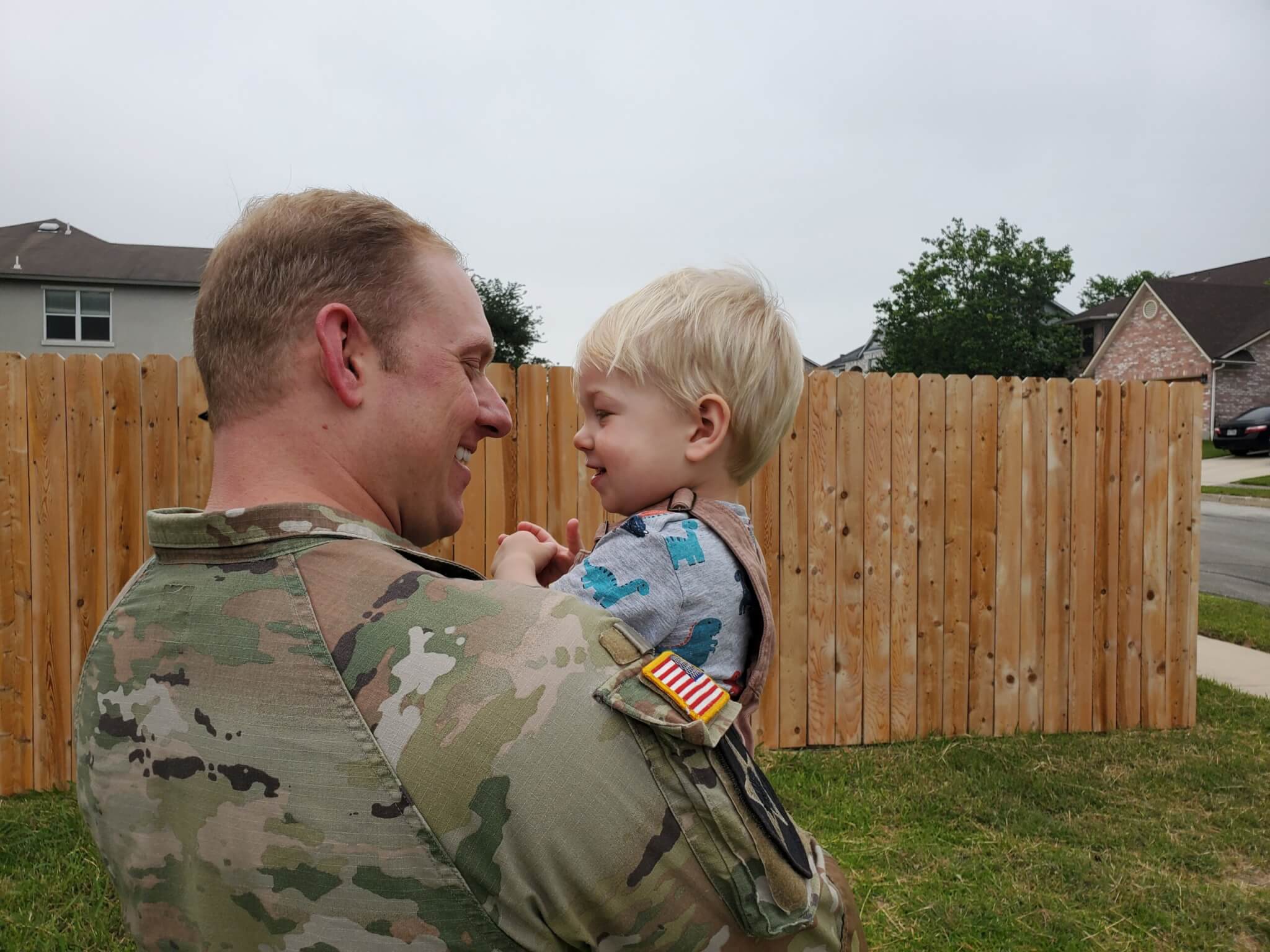An organization that advocates for improved access to quality child care for military families launched a new survey to gauge how child care challenges affect the mental well-being of today’s military spouses.
The national price for child care increased 32% from 2019, according to data from the Bank of America Institute. Military families also frequently experience long wait lists and limited options at duty stations around the U.S. Operation Child Care Project, a 501(c)(3) non-profit, is working to bridge the gap between the demand for and availability of child care. OCCP is now asking for input to support its mission through a survey that’s live through Feb. 29.
Kayla Corbitt, founder and executive director of OCCP, says her team is dedicated exclusively to addressing child care access and equity for military and veteran families.
“There are a lot of organizations that have historically included childcare as part of what they do. [However] the issue with having such a monumental, complicated, and ever-changing issue as child care is that it rarely fills the need. [Current offerings] often don’t consider the unique circumstances many military families deal with, especially reservists and Guard,” she said.
Operation Child Care Project offers case management services to help military families identify which child care benefits they are eligible for and outline the likelihood of getting access to such benefits.
“A lot of resources are advertised. However, it’s not always clear which resources are actually obtainable,” she said. “The [current process and system] lacks transparency. As a result, [many] families do not get much-needed assistance.”
While living overseas, Corbitt, a military spouse and parent, realized that the only spouses who could work were those who did not have children or whose children were school-aged. As she researched the ‘why’ behind this phenomenon, she realized that the difference often came down to child care access. To that end, Corbitt applied her formal education and contracting experience to help families navigate the convoluted child care application process.
Upon returning stateside with a new child, Corbitt tried to access child care for her family with the information she gained helping others overseas.
“I was approved [for child care] and then denied. Ultimately, I lost about $7,000 and [was forced] to quit my job as I could no longer afford to work,” said Corbitt. “That’s when I realized that my one-on-one advocacy with families and talking to local commands wouldn’t solve the issue.”
Though Corbitt has been advocating for child care resources through military family readiness centers as an employee, contractor, or volunteer for more than 11 years, she didn’t establish the OCCP until 2022. Today, it aims to serve current and former active duty, reservists, veterans, and National Guard members.
“We partner with local agencies wherever the service member’s family is located to help fill the child care gap. We vet all resources to make sure they are actually obtainable by the families we serve,” said Corbitt. “When you input income and basic housing allowance, it often cancels many childcare options. Additionally, some childcare programs require children to be in certain programs or housing. However, since military families relocate frequently, they are not likely to meet that criteria.”
In addition to case management and advocacy, OCCP is preparing to launch a child care scholarship program. The scholarship will provide wrap-around support for military families that received case management services but still require financial assistance for child care. Through the scholarship, military families can select childcare providers and settings that work best for them.
“We trust families to know what’s best for them. If [additional care] is part of their care plan with [the Operation Child Care Project], then the scholarship is approved.”









































